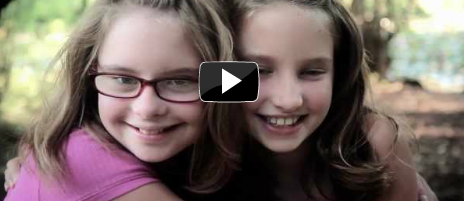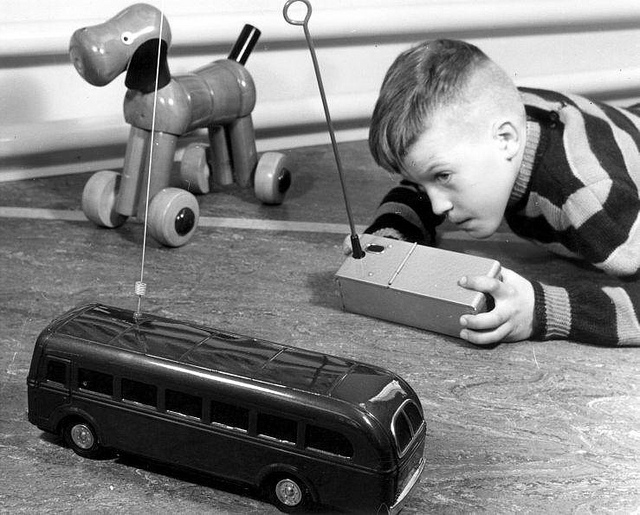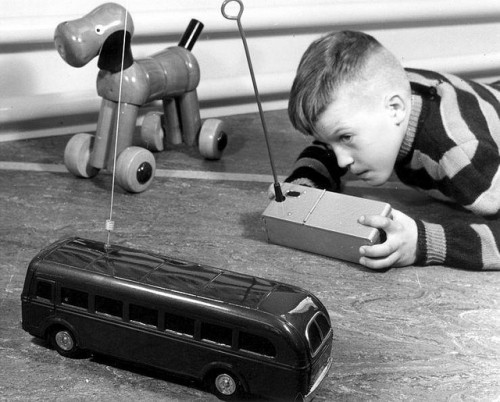The Assessment
A criterion referenced test is designed to examine a student’s knowledge in a specific area. These assessments test based on a scale of the student knowing nothing of the subject, a zero, and the students mastering the topic, a one hundred percent. Although most students may not get perfect scores or a completely failing score, the ideal is for most students to fall around a final score of eighty-percent. A criterion referenced test is different from a norm-referenced in that students are not competing against each other and the final scores are not based on student’s peers score on the assessment, rather these assessments are knowledge based on mastery alone. This makes the tests more reliable as they are designed to not include prejudices of race, culture, or social economic status.
Validity of a Criterion Referenced Test
A criterion referenced test is valid only to that which they are testing. An example, found on Wikipedia, stated that because one achieves a perfect score on a driving exam (a standardized criterion referenced assessment) that it in no way indicates that the person is able to drive safely. This is why along with the written exam there is a driving portion. With this example in mind, the criterion-referenced test is simply a mastery of knowledge and does not necessarily mean that the individual can apply the knowledge in the same matter.
Content
A criterion referenced test can include content from a wide array of areas, such as a driving exam or a chapter exam. They are normally designed with at least four items assessing the knowledge of each specific skill. They can be used to measure readiness to move on or can be used both before and after training to assess how much was really learned. The tests are usually graded in a percentage, which can be interpreted as the percent of mastery for the designated purpose of the assessment.





